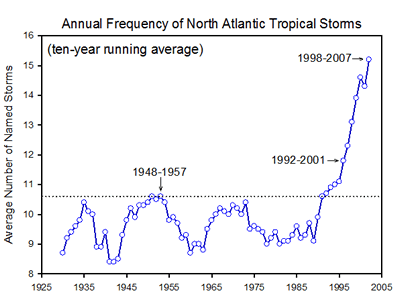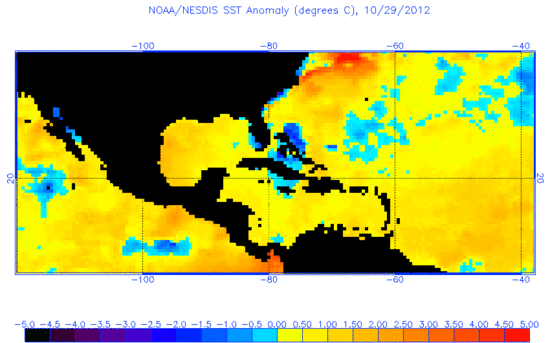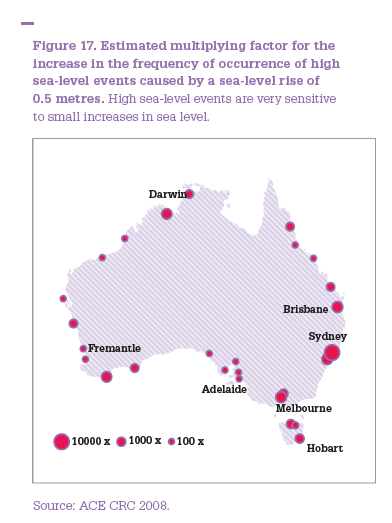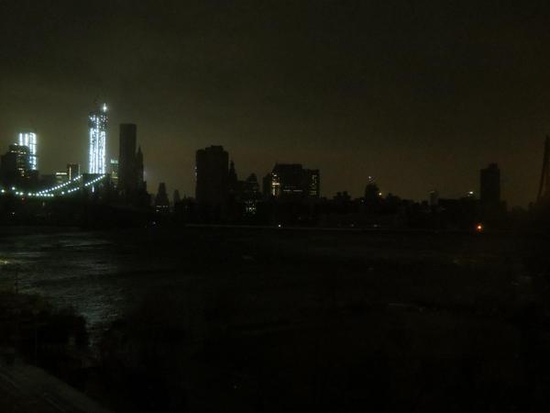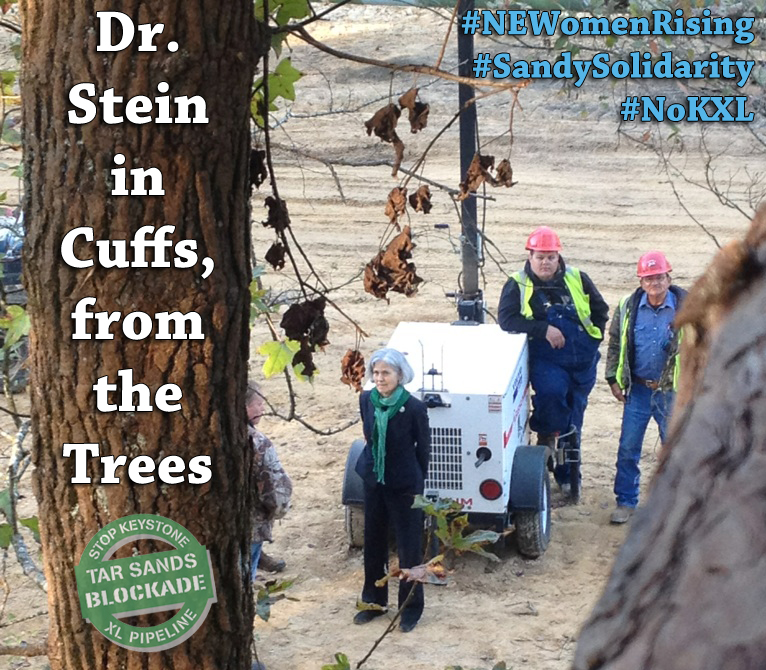You may have read today that UBS Bank was the first of the banksters to be finally convicted of fraud. They fought it all the way and only a Japanese subsidiary took the fall. For the New York Times, this indicated once again
a pattern of abuse
If, like me, you’ve spent time in the UK recently that turn of phrase has to give you pause. It used to be said that power corrupts. It’s more accurate to say that power abuses. It abuses the idea of the innocence of children, it abuses the fantasy of the market, it sustains the fantasy that guns don’t kill people. We occupied to refuse all that. I still do and there’s new evidence today that it works.
Abuse. Is that the right word to use in connection with the systematic sexualized exertion of power over children? So much less troubling than, say, rape. You’ll have heard about the extraordinarily widespread allegations against the DJ and TV star Jimmy Savile in the UK over decades. At least eight other men have already been charged, including the former pop star Gary Glitter. That’s rock and roll, it might be, and has been, said. What, then, of third-tier sports commentator and game show host Stuart Hall (no relation at all to the distinguished academic)? The agent for “celebrities” Max Clifford? and other B and C list “stars”?
I think back to when I was at school. There was Mr B., who was suddenly asked to leave. There was Mr P., who I am now told everyone knew had a collection of child porn video tapes in school. There was Mr W., who used to invite boys to lunch in the pub. I remember I only went once and felt left out. On to university! Here it’s Mr K. (no doctorate for him) using a bed-pan in class. Mr. C drinking pints of Guinness. Professor B. appearing for tutorials in a silk dressing-gown and nothing else.
Nothing untoward ever happened to me and my English friends think I am making too much of this. I used to be told that my writing was too “angry” when I was younger. Maybe. And I’m certainly not past anger now. But what I have learned to do is connect this set of abusive practices to a wider context. It’s said that Savile and his ilk are in the past. The BBC TV news editor who dropped the story last November said to the investigation:
In the end I just felt … 40-year-old contestable claims about a dead guy was not a N[ews]N[ight] story and not worth the fuss.
Don’t make a fuss, there’s nothing more English than that. The ludicrous “Lord” Patten who heads the BBC went further, admitting there were problems of management–such as dropping the major child abuse scandal of the past century–but
I don’t think you necessarily address them by just putting heads on spikes.
This is a very English way of saying, “let’s not have a revolution, like those unsavory French did.” No Lords in charge of French media, though, are there?
Not to excuse the French one per cent. Yesterday a French court upheld an investigation into the repellent rapist, sorry, alleged rapist, Dominique Strauss-Kahn, former head of the IMF, for being part of a
ring that recruited prostitutes for sex parties from Paris to Washington.
Strauss-Kahn claims he didn’t know they were hookers. Perhaps somewhere in his psyche, he really does think that attractive, much younger women are instantly turned on by the very presence of a sixty-year-old banker.
Or not. Perhaps, like the British bankers who dreamt up derivatives and fixing LIBOR, who learned all about abuse at school in the “Savile era”, he knows what it is to abuse. And he knows that power gets him the unchallenged possibility to do so. So that what he did in the daytime to, say, Niger by inflicting disastrous debt repayment structures on the country was qualitatively the same as what he would do to the women at night. The UBS bankers called the men who fixed rates for them “heroes” and sent them Bollinger champagne and a “small bonus.” Mustn’t give away the really good stuff: the money.
So it’s no surprise to me that two countries with some of the longest histories of abuse in all senses are now leading the response, which is refusal. In Spain, the Citizen’s Debt Audit are denouncing the “debt-ocracy” that has replaced their democracy by making public debts private. That is to say, the public debt of the banks has been absorbed by the state so it will end up being repaid by citizens. Those same citizens are dying, literally, of debt. There are debt suicides weekly. The Audit is the first step towards a national refusal.
In Ireland, there has been an undeclared debt refusal movement.18% of mortgages are in default. Banks have claimed to be helping but the Bank of Ireland has “forgiven” only €600,000 to date. The new government has stepped in and passed an insolvency law that aims
to ensure that people were not forced to vacate their homes because they were in mortgage debt. The solutions all involve a “degree of forbearance over a period of time” to debtors, he said. In reality, that will mean debt write-off.
Debt strikes work, in other words. Better to declare them, though.
So the old mantra that went “there is no alternative, so you have to submit” has met its refusal. Saying no may not stop the abuse. Eventually, though, if everyone says no you can derail the system that allows it.

